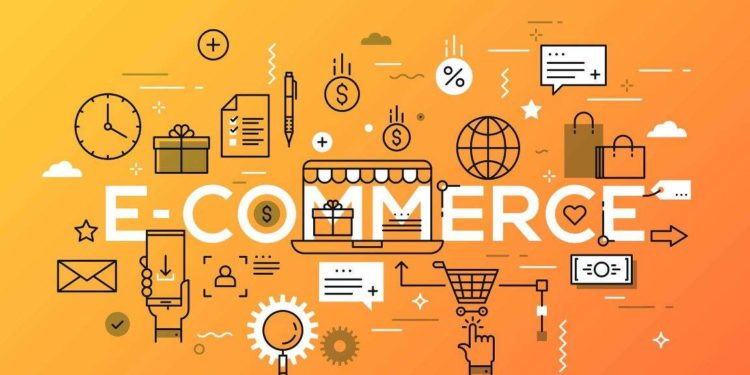E-commerce has enjoyed a sizeable uptick in trade over the past few years. The covid-19 lockdowns forced many of us to look online for our shopping needs – but the truth is that the trend away from the high street and toward online retailers was well underway before then.
If you’re running an e-commerce business, then you’ll face fierce competition. But if you’ve developed the right strategy, and you’re using the right tools, the rewards can be considerable. But exactly what are those tools? Let’s look at four categories of e-commerce software worth looking into.
Table of Contents
Payment Solutions
If your business is going to be successful, then you’ll need a means of taking payment. Your would-be customers will be accustomed to a seamless experience at the checkout – and if they don’t get it, you might find that they bounce out of your website, never to be seen again.
This is where modern open banking solutions are so worthwhile. They allow payment to be taken quickly and securely, meaning less time spent inputting numbers and more time taking payment. When customers have a fast, seamless payment experience, they’re likelier to return for more. As such, this is also a powerful means of building loyalty.
Reliable shipping tool
Amazon’s advancement of next-day shipping has lifted customer expectations. Nowadays, we expect the items we order to arrive promptly. As such, looking for a reliable means of getting packages from one place to another quickly is critical.
If you’re a small business, you might not be able to compete with the scale that Amazon operates at. What’s important is that you offer customers a choice when it comes to shipping. Some people might want their items delivered quickly; some might want tracking; some might want to save money.
Inventory tracking tool
Inventory management is essential. If your items go out of stock, then you’ll lose custom. And if your store isn’t reliably stocked, then customers might not bother to visit in the first place. Inventory tracking software will allow you to get the best from your warehousing space, and keep your customers apprised of what’s in stock and what isn’t.
As a result, you’ll be able to provide the kind of reliable service that’ll keep people coming back for more on a consistent basis.
Social media management
Social media provides a powerful means of interacting with would-be customers, collecting feedback, and marketing your store. A social media management tool will allow you to track your performance on social media more accurately. Look at your followers, your reach, and your engagement. High rankings in each of these can translate into stronger sales on your online store.



















